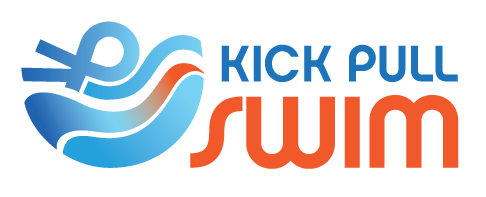WE’RE HAPPY TO TELL YOU MORE
Frequently Asked Questions
What’s the difference between ISR & traditional swimming lessons?
ISR (Infant Swimming Resource) teaches students aquatic survival skills and is based on over 50 years of research and continuing development. These skills will prepare your swimmer to survive in the event of unintended water immersion.
Traditional, learn-to-swim lessons focuses more on learning swimming skills like kicking, freestyle basics, etc.
What are the requirements for ISR?
Your child must be able to sit upright independently. Additionally, registration information submitted to ISR will be reviewed by a team of nurses to ensure that ISR is the safest swimming instruction for your child. Your registration information enables us to tailor the program to meet your student’s needs.
What will my child learn during ISR lessons?
Infants (six to 36 and independently walking) will be able to roll on to their back and float while awaiting rescue. Skills learned will be based on your child’s individual development and growth.
Toddlers will be trained to perform a swim-float-swim sequence to reach safety.
What will my child learn during traditional swim lessons?
Students 24 to 36 months will learn breath control, water exploration, and water safety.
Swimmers over 36 months will learn the above and swimming techniques.
Are ISR lessons safe?
YES. Student safety is our highest priority. Each lesson is one-on-one; the instructor is solely focused on your child. Our online registration process includes an evaluation by medical professionals of each child’s health data and developmental history to ensure safe participation in the program.
Parents are required to keep a daily diary of their child’s Bowel, Urine, Diet, and Sleep (BUDS). Your instructor reviews this daily before each lesson. Adjustments may be made to your child’s lesson if the instructor feels any of these key health measurements are not as they should be.
What Qualifications do ISR Instructors have?
Each potential instructor is carefully screened and interviewed prior to being accepted as an in ISR instructor trainee.
ISR instructo trainees complete a rigorous certification program that includes a minimum of 60 hours supervised, in-water training. This is combined with education and evaluation in child behavior, development psychology, and physiology.
ISR instructors must complete continuing education and annual recertification training to maintain their certification.
Why are lessons five days per week?
Swimming is a sensorimotor skill just like crawling, walking, and running. Sensorimotor skills are best learned by consistent repetition. Your child will practice walking constantly before they are able to toddle freely through the houes. Our daily lessons will help them develop muscle memory and confidence vital to self-rescue during an aquatic emergency.
Will my child swallow water?
Yes, probably so. Breath control is the first skill established during the program. We will not progress until this is complete.
We follow established ISR protocols to minimize underwater episodes. Should your child swallow water, we will pause until they recover before continuing.
What’s the deal with floaties?
Floaties, water wings, or puddle jumpers are not used during our lessons because they hinder your child’s ability to learn to float and swim on their own. Wearable floatation devices teach young swimmers that it’s OK to jump into a body of water and still be able to breathe. Additionally, floaties orient the wearer in a vertical posture, which is not ideal for self-floating or swimming.
Personal floatation devices (PFD), or life jackets, must be worn while boating. However, there is no substitute for adult supervision and swimming skills.
Will my swimmer need more lessons?
We recommend students return every 6 to 12 months for refresher lessons. We will discuss refresher lessons and new skill lessons with parents based on your student’s skill level, age, growth rate, and confidence.
Continuing water saftey and swimming education will help your swimmer adjust to their new body size and weight as they continue to develop physically and mentally.
How do I register?
Use our contact form to begin the process. You will receive an automated response confirming your form submission. You will receive a personal response in three to four business days containing lesson availability and answers to any questions you may have asked. We will then sort out the next steps for your swimmer.
